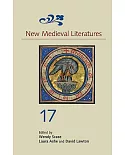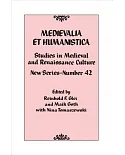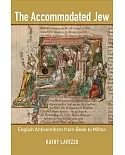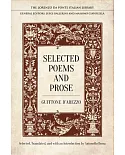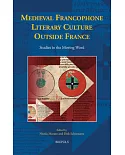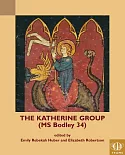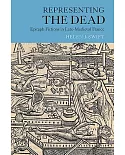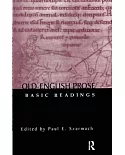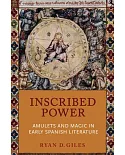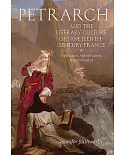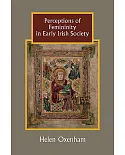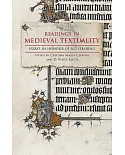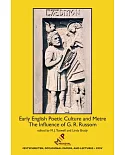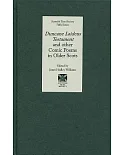The work of Bernard of Clairvaux (1090-1153) consists of mystical highlights, moments of stylistic beauty and traditional exegetical discourse. In contrast to previous studies this book does
not limit itself to the historical and devotional side of Bernard, but brings to the fore his stylistic originality. Bernard emerges as a flexible thinker, a great dramatist and an adroit
master of language, who combines the fixed pattern of monastic life with the vicissitudes of extra-mural events.
On the one hand, Bernard's writings are composed according to the rhythm of the uninterrupted ritual of prayer and singing inside the walls of the monastery. On the other hand, that ritual is
interspersed with notions of love and death. The present study describes the literary devices through which Bernard shapes the monastic existence as a subtle blend of liturgical routine and
uncontrollable events and emotions.


